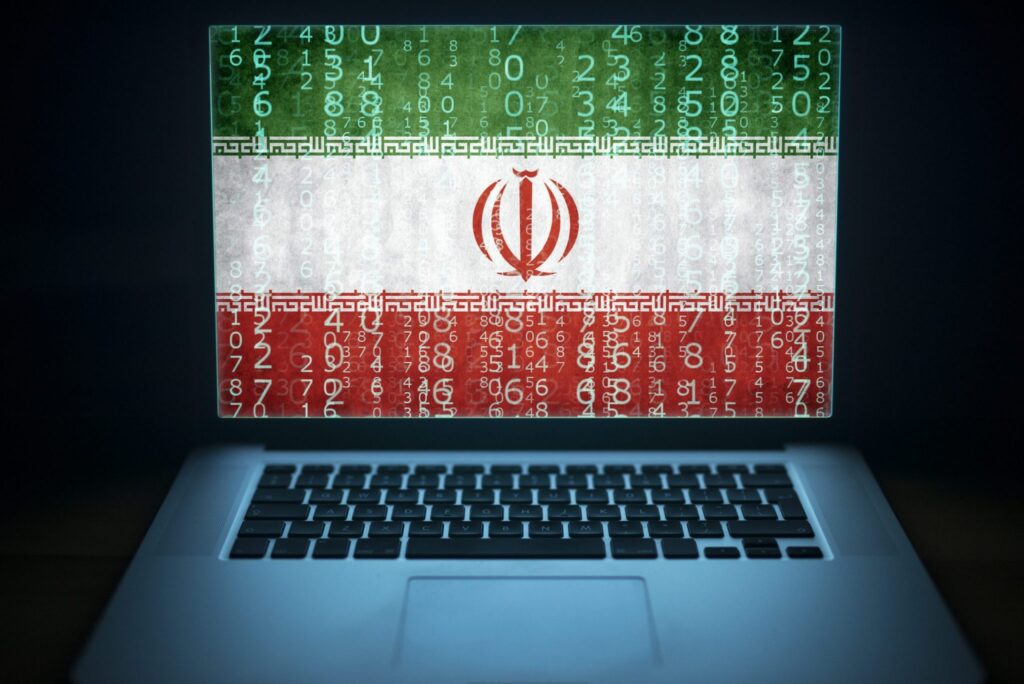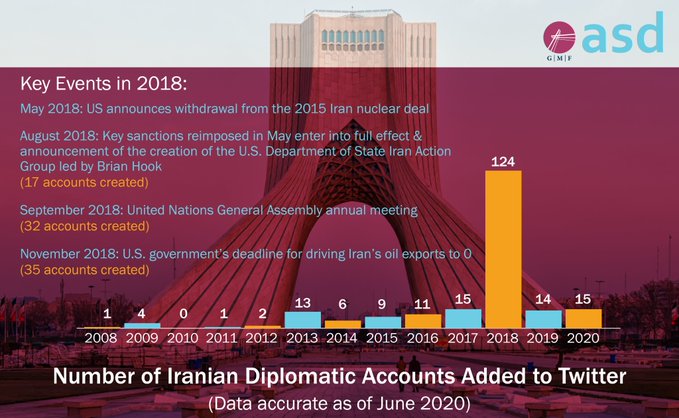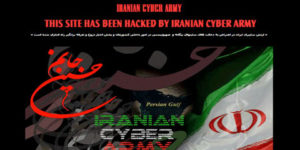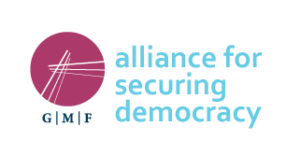
Alliance for Securing Democracy
Iran’s attempts to interfere in democratic institutions and processes have been on the rise, says a new report. The Islamic Republic’s tools and tactics resemble those employed by both Russia and China—and both Beijing and Moscow have lent Tehran a hand in developing some of its capabilities.
Iran is becoming a significant authoritarian actor challenging democracy in the US and Europe.
In one of the 1st comprehensive discussions on the subject, @ArianeTabatabai examines the tactics, doctrine, & objectives behind Iran's influence operations. https://t.co/xwnDstvWfa pic.twitter.com/hf8Eyj9YfQ
— Alliance for Securing Democracy (@SecureDemocracy) September 17, 2020
Iranian information operations have spread disinformation and anti-U.S. content, but the regime is not as sophisticated as Russia and China, and there are key differences in how Tehran deploys these tools, says Ariane Tabatabai (above), Middle East Fellow at the Alliance for Securing Democracy (ASD) at the German Marshall Fund of the United States. The report – Iran’s Authoritarian Playbook – outlines the regime’s objectives and assesses the strengths and weaknesses of Iran’s tactics, which include:
- Cyberattacks: Iran’s cyber activities include those that can be characterized as traditional intelligence and military operations, as well as malign activities designed to undermine democracy which fall outside the realm of broadly accepted intelligence and military practice.
- Information Manipulation: Iran’s information manipulation campaigns increasingly weave together multiple themes—such as fomenting internal division in the United States and criticizing U.S. foreign policy—to create more intricate narratives that can appeal to several audiences.
- Malign Finance: Iran’s illicit financial activities appear to be mostly focused on undercutting sanctions, funding the regime’s activities in the region, and, to a lesser extent, supporting information manipulation activities aimed at the West.
 “Iran is becoming a significant authoritarian actor challenging democracy in the United States and Europe,” said Tabatabai, the report’s author. “Even though its capabilities are more limited than those of Russia or China, it is a determined actor that is increasingly active in this space. We need to understand what, how, and why Iran is attempting to interfere, so we can work with our allies to develop policies that will deter it from carrying out even bolder operations against our democracy.”
“Iran is becoming a significant authoritarian actor challenging democracy in the United States and Europe,” said Tabatabai, the report’s author. “Even though its capabilities are more limited than those of Russia or China, it is a determined actor that is increasingly active in this space. We need to understand what, how, and why Iran is attempting to interfere, so we can work with our allies to develop policies that will deter it from carrying out even bolder operations against our democracy.”
Iran’s key interests shape the contours of its efforts to undermine democracy in the United States and Europe, the report adds:
• Undermining the U.S. narrative on Iran internationally and presenting itself as a responsible member of the international community wrongfully targeted by the United States. …
• Promoting Iran’s revolutionary ideology.
• Sowing discontent and creating and exacerbating tensions between the United States and its allies and partners. This makes it harder to create consensus on or build coalitions to counter Iran…
 “Given the religious undertones of the revolutionary ideology (one predominantly appealing to Shia Muslims), Iran is unable to offer a real competing vision to that sold by the United States and its democratic allies,” the report observes. “Iran is aware of the limited reach of its vision and ideology, as well as the restrictions of its capabilities, and has, as a result, mostly focused its efforts on building a media infrastructure designed for its immediate region.”
“Given the religious undertones of the revolutionary ideology (one predominantly appealing to Shia Muslims), Iran is unable to offer a real competing vision to that sold by the United States and its democratic allies,” the report observes. “Iran is aware of the limited reach of its vision and ideology, as well as the restrictions of its capabilities, and has, as a result, mostly focused its efforts on building a media infrastructure designed for its immediate region.”
It will take partnerships of government, civil society and the private sector within democracies to combat disinformation before the institutions that underpin freedom crumble under the weight of propaganda, experts heard during the Intelligence and National Security Summit held online September 16-18, Robert K. Ackerman writes for SIGNAL Magazine.
 “Information warfare is the wrong frame for democracy,” said Laura Rosenberger, senior fellow and director of the Alliance for Securing Democracy, German Marshall Fund of the United States. “In fact, it is the frame that authoritarians are trying to impose to advance their model of the information space as one to be controlled and manipulated,” she told the breakout panel on “Information Warfare: Politics, Pandemics and Public Discourse.”
“Information warfare is the wrong frame for democracy,” said Laura Rosenberger, senior fellow and director of the Alliance for Securing Democracy, German Marshall Fund of the United States. “In fact, it is the frame that authoritarians are trying to impose to advance their model of the information space as one to be controlled and manipulated,” she told the breakout panel on “Information Warfare: Politics, Pandemics and Public Discourse.”
“If we start allowing ourselves to see information as a weapon, to see the information space as a weaponized space, as a space for warfare to be conducted, I believe democracy is going to lose,” she added.

Credit: CEPA
Russia and China take different approaches to disinformation, said Daniel Kimmage (right), principal deputy coordinator at the U.S. State Department’s Global Engagement Center (GEC), which is working in partnership with other organizations to counter weaponized disinformation:
Russia’s state-controlled news agency has agreements with Chinese media outlets to exchange personnel and content, but the Kremlin tends to invest in tailored disruptive disinformation abroad and propaganda at home, while Beijing tends toward classic propaganda abroad by spreading the message that it is doing great things and is a rising power.
John Kelly, CEO of Graphika (right), a firm that maps cyber social trends, defined the environment, Ackerman adds. “Nefarious actors have gotten very good at overwhelming true signals from real people with fake signals from fake people.”







